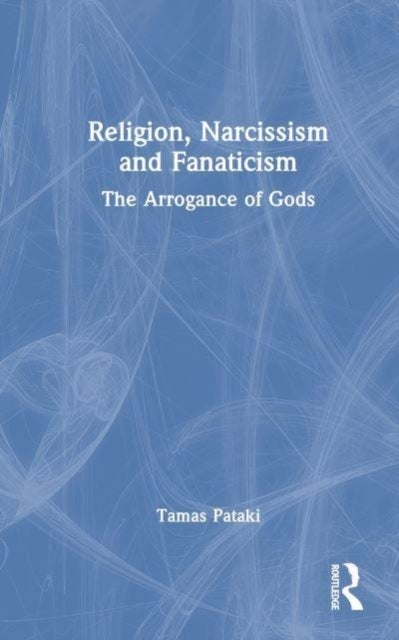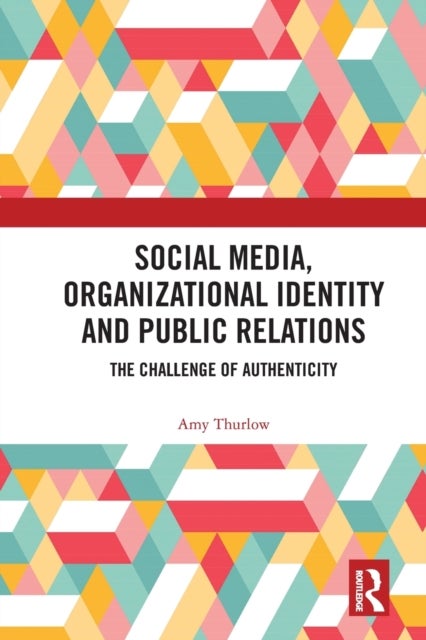
Religion, Narcissism and Fanaticism av Tamas (University of Melbourne Australia) Pataki
399,-
<P><EM>Against Religion</EM> applies a psychoanalytic perspective, though with several novel features, to the understanding of some important aspects of religions, particularly to fundamentalist religions. It acknowledges the good in religion, but argues that this is outweighed by the bad. </P><P></P><P>Religious ideology, practices and institutions satisfy many human needs, including those arising from our hysterical, obsessional and narcissistic dispositions: the need to keep the good and bad aspects of our personalities separate; to feel special and belong to an idealized group; and to bask in the light of, or to identify with, a supposedly omnipotent figure. But these needs and the modes of their satisfaction may become distorted by religions and they may then nurture and accommodate malign characteristics. In this book Pataki argues that those characteristics most germane to understanding much of contemporary aggressive religiosity are best explained in terms of the interactions b








